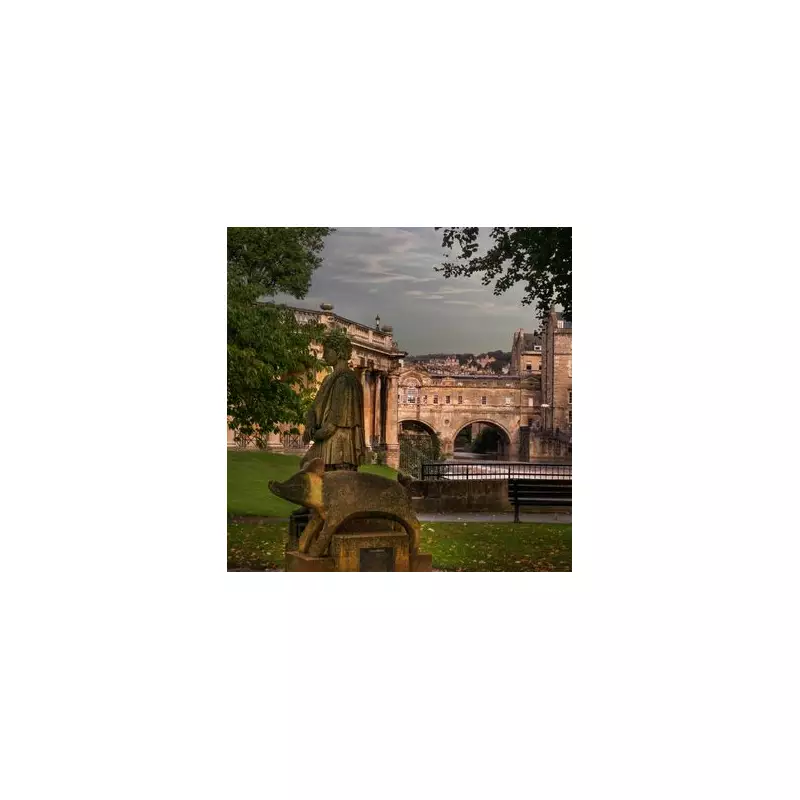
A leading trauma therapist is prescribing an unconventional treatment for stress and anxiety: a trip to the historic city of Bath. Kaila Hattis, founder and therapist at Pacific Coast Therapy, leverages the city's unique atmosphere to help her clients achieve emotional regulation.
The Calming Power of Bath's Architecture
Kaila Hattis has a long professional history of working with individuals who have experienced trauma. She now actively recommends Bath for its remarkable ability to soothe over-stressed nervous systems. Hattis reports that approximately 7 out of 10 clients who travel to Bath experience spontaneous physical relaxation without conscious effort.
She describes the immediate impact the city has, noting that her own breathing calms within seconds of arrival. The curved Georgian roads move at a soothing pace, while the quiet areas near the Abbey provide a calming effect that, in her experience, works faster than many taught grounding techniques. Hattis told the Mirror that Bath offers a genuine space for people to reset, something that modern wellness trends attempt to simulate but cannot truly replicate.
A City Steeped in Relaxing History
The city's foundation is rooted in relaxation. The story dates back to 890 BC when Prince Bladud, banished after contracting leprosy, discovered the area's unique thermal waters. He noticed his pigs rolling happily in the warm mud, leading to the establishment of Bath. For the next 2,900 years, the city has attracted those seeking the therapeutic benefits of its waters.
Today, visitors can continue this tradition at the Thermae Bath Spa, which features herbal steam rooms and four thermal pools, including a popular open-air rooftop pool. The city is also famed for its stunning Georgian architecture, built primarily in the 18th century. Key landmarks include The Royal Crescent, a masterpiece of golden Bath stone, and Pulteney Bridge, which elegantly spans the River Avon.
An Alternative European Haven for Stressed Professionals
While Bath is her primary UK recommendation, Hattis also highlights Utrecht in the Netherlands as another powerful city for relaxation. She explains that its unique canal system, situated below street level, creates a quieter environment by pulling noise downward. She specifically sends entrepreneurs, who often operate in a state of constant adrenaline, to Utrecht.
Clients return reporting more stable moods, clearer thought processes, and a significant reduction in spiralling thoughts. Hattis concludes that both Bath and Utrecht provide the kind of profound reset that most busy individuals rarely allow themselves, offering a natural antidote to the pressures of modern life.





